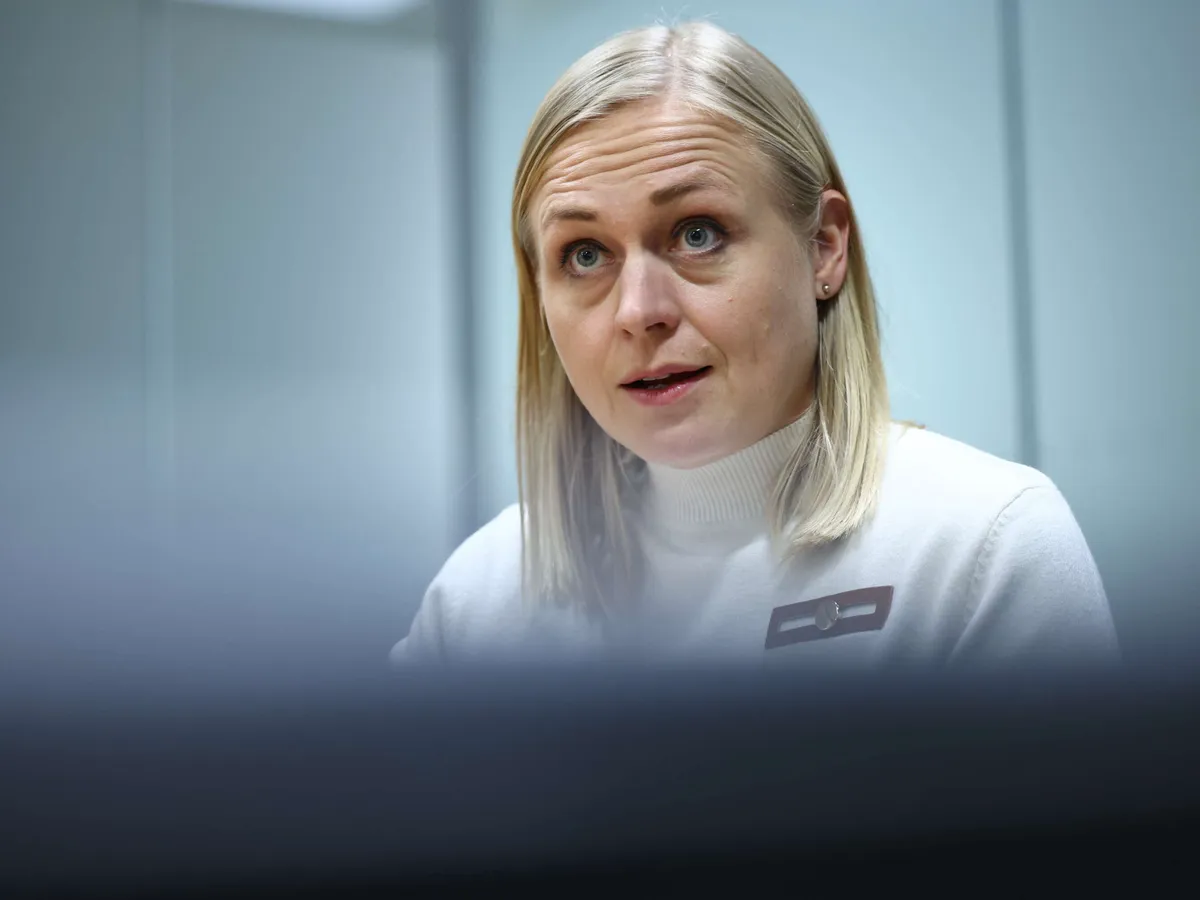The München air is cold on the first day of the safety conference. In addition, the latest American comments of the day have wiped out over European participants.
US vice -president Jd vance Give the main speech of the day on Friday. Instead of a transatlantic defense speech, Vance focused on preaching European hypocrisy. According to him, in Europe, among other things, the freedom of expression of dissidents is restricted.
In a nutshell: The speech of the second man of the United States focused on robbing Europe.
The words of the vice president only collected fragmented and very subdued applause. The audience, which was frequently depicted by the emergency conference cameras, looked disgusted.
Finnish decision -makers comment on Vance’s speeches in varying degrees.
“Frankly, the speech of the vice president was quite confusing. Munich’s conference is a place to focus on transatlantic safety. However, this was a speech that gave a message to the domestic audience, ”the president described Alexander Stubb Friday night for Finnish media.
In general, there have been contradictory messages in Ukraine policy in the United States. “The United States currently has a pack of messes,” the Foreign Minister summed up Elina Valtonen (kok).
According to him, the United States has not yet selected a clear line for Europe, Ukraine or Russia.
“There’s no hurry here. This is a pressure and we understand why, the President of the United States wants quick solutions, ”Valtonen said.
Europe according to the conference table
According to Stubbbin, there is a “certain cross -water” in the US administration. He describes the negotiation tactics seen this week as confusing.
Prime minister Petteri Orpo (coke) was more moderate in his own statement. He stressed that the fate of Ukraine should not be resolved within a few days.
“Nobody has decided anything here yet.”
No joke.
Prime Minister Petteri Orpo emphasizes that the fate of Ukraine should not be resolved within a few days.
Kuva: Inka Soveri
However, the current week has irrevocably pushing Ukraine negotiations. At the Munich meeting and around it, representatives of the United States, Europe and Ukraine meet each other and are looking for a common tone to the basis of a potential ceasefire and peace talks.
Finnish decision -makers each stressed in turn that Europe is now trying to redeem a place at the negotiating table.
To do this, Europeans are now wondering what they can bring to the table in a counter offer.
A clear message to Europe
In his speech, Vance only mentioned Ukraine once at the very beginning of the speech. He said he was sure that a solution would soon be found with Ukraine and Russia.
The speech of the Vice President repeated the familiar pattern from Trump, where he raised a few examples of the stick.
Among other things, he mentioned Romania’s last year’s elections many times. Vance criticized the dismissal of the election and called the rejection decision against democracy.
Sermon.
The US Vice President JD Vance made the main speech of the day on Friday at the Munich Safety Conference. Instead of a transatlantic defense speech, Vance focused on preaching European hypocrisy.
To be: Earth 1188236
The journalists’ corridor speeches wondered how Vance’s rims were passed in practice with the shoulder felling for decision -makers.
However, Finnish decision -makers emphasized to Kauppalehti and other Finnish media that the US messages to Europe at bilateral meetings were more moderate.
“There was a cooperative and peaceful picture of my short conversation (Vance),” Orpo said.
According to President Stubb Keith Kellogg Among other things, a message clearly towards Europe: it should invest in its own safety and NATO, and speak directly with the allies.
Stubb, for its part, says that Europe is now emphasizing in the United States that it is not a zero sum game when considering the future of Ukraine.
“We need to get out of this negotiation mode in some way.”
Petteri Orpo said he had previously proposed an extraordinary meeting of the European Council to decide on the joint line as a basis for the ongoing negotiations.
